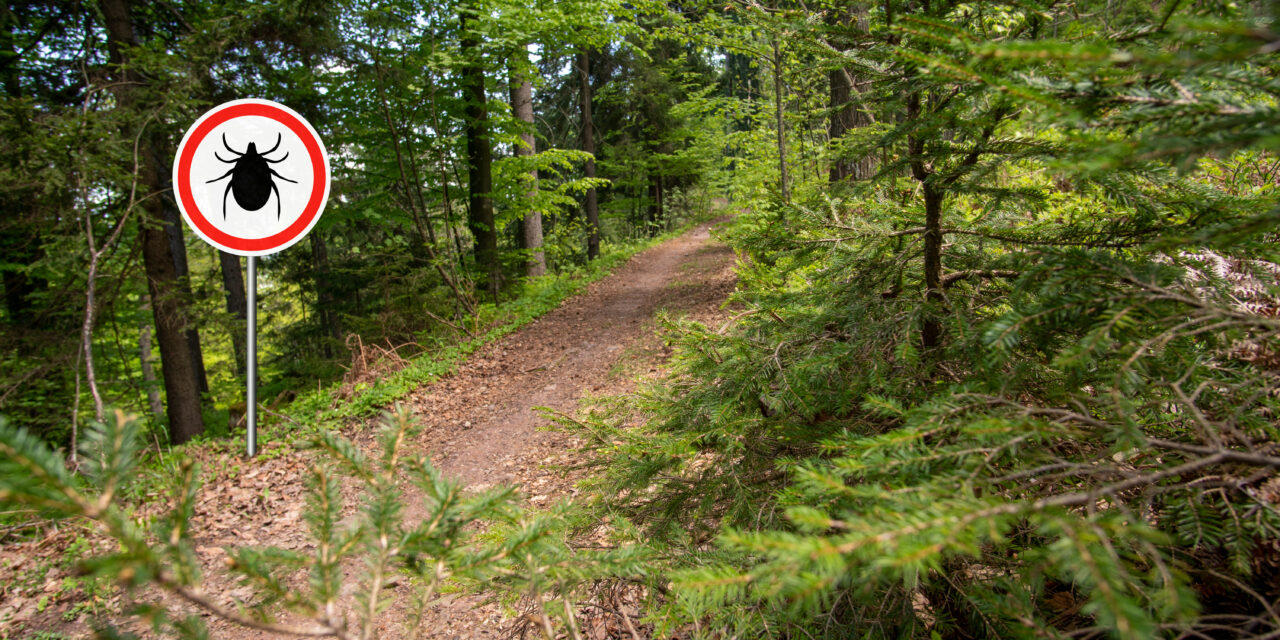by Annette Pinder
Springtime brings warm, sunny weather, outdoor playtime for kids, and, unfortunately, Lyme disease. Lyme disease can affect anyone, but is more common in children and teens, especially in the Northeast and mid-Atlantic states, where cases have multiplied and spread. Currently, there are no approved vaccines to prevent Lyme disease, which experts estimate afflicts nearly half a million people each year.
In 1998, the FDA had approved a Pfizer vaccine for adults that proved to be safe and 75% effective in preventing Lyme disease, but problems with marketing the vaccine prevented it from being widely distributed. In working to develop a Lyme disease vaccine that would be safe for children, Pfizer was encouraged by the results they observed during Phase 2 of a clinical trial last August, which demonstrated strong immunity and a safety profile in children similar to that of adult participants.
As a result, children in Western New York are now eligible to enroll in a clinical study of Pfizer’s new Lyme disease vaccine through UB Jacobs School of Medicine and Biological Sciences’ Department of Pediatrics. The study will help researchers learn about the effectiveness of the investigational Lyme vaccine in children ages 5 through 17. About 3,000 children throughout the United States will be enrolled, and UB will be able to enroll 30 to 60 children.
“When diagnosed, Lyme disease is easily treated,” explains Mark D. Hicar, MD, PhD, associate professor of pediatrics in the Jacobs School and principal investigator of the study at UB. “But, if untreated, the bacteria that causes Lyme disease can spread through the bloodstream and cause serious problems in the brain, joints, and heart. I have treated many children with Lyme disease, and cases have been steadily increasing in our area over the last decade,” he said.
Right now, the best way to prevent Lyme disease is to prevent tick bites. The goal of the clinical study is to confirm the safety and effectiveness of a vaccine in children. Those enrolled in the study will receive a total of four shots in their upper arm — three within the first six months, and a booster one year later. Participation also requires six in-person visits to UB’s Clinical Research Center in the Clinical and Translational Research Center, located on the 6th floor at 875 Ellicott St. on the Buffalo Niagara Medical Campus. There will also be two follow-up phone calls over the course of two years.
All participants will be reimbursed for time and travel expenses.
“Being able to offer these options to our patients translates to improved care for children in Western New York, and is often the only way for them to receive these specific treatments,” said Dr. Hicar, who is also a physician with UBMD Pediatrics.
Choosing to allow your child to volunteer for this study may lead to a vaccine to prevent Lyme disease. To find out about participating, contact Catherine Wrona, clinical research coordinator at the UB Clinical Research Office at 716-888-4713 or wrona@buffalo.edu. Learn more about the study at https://www.lymekidstudy.com.












